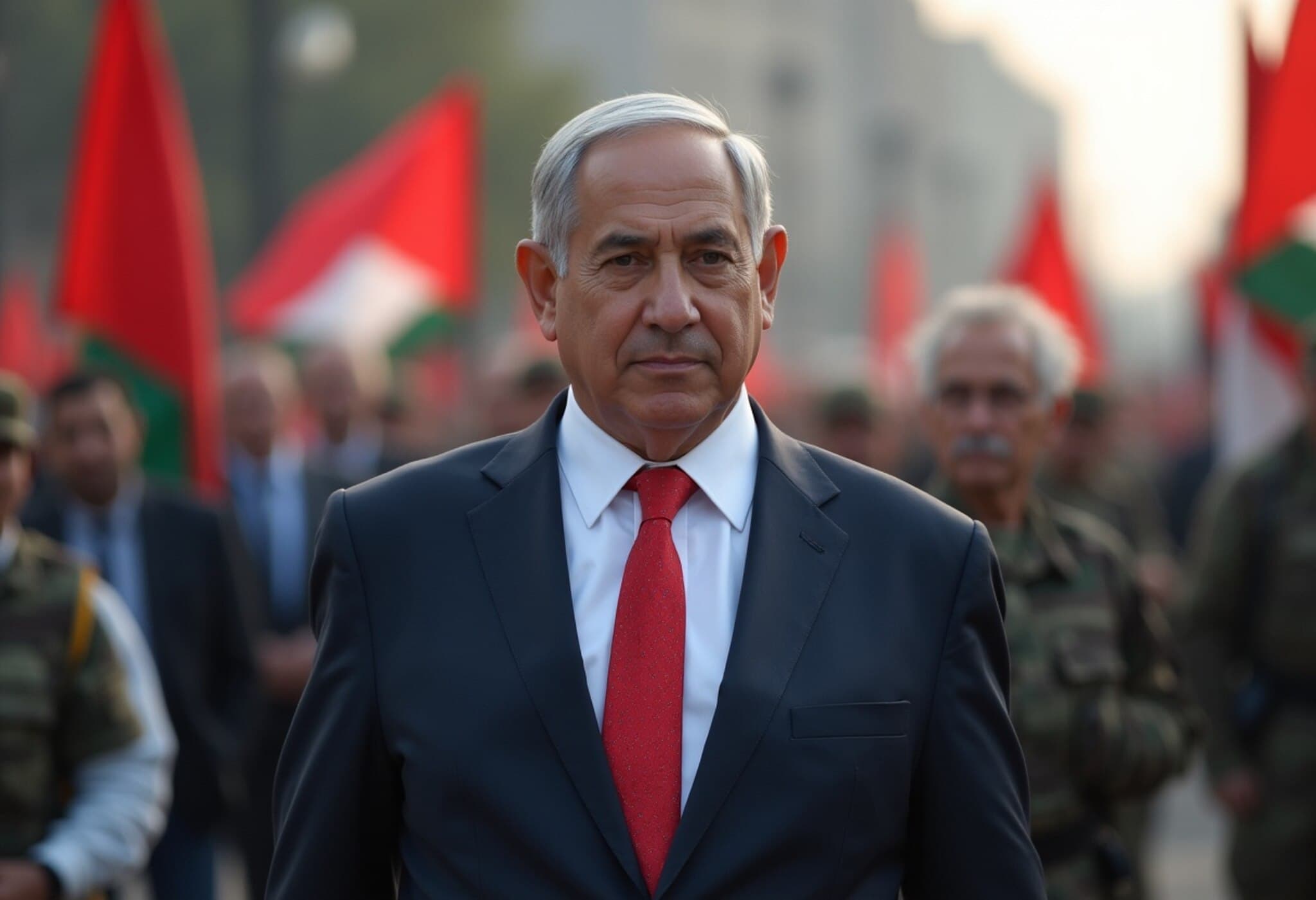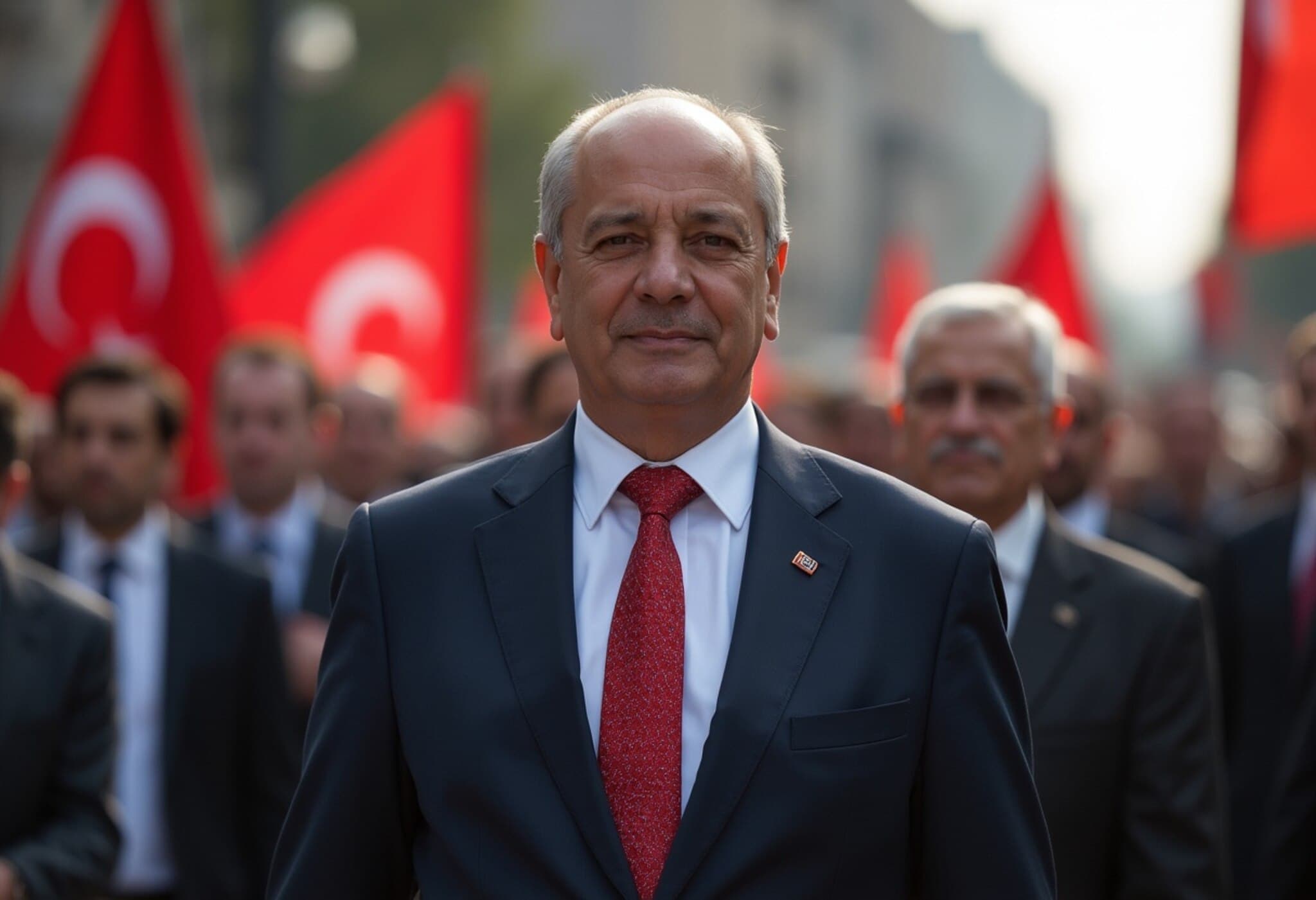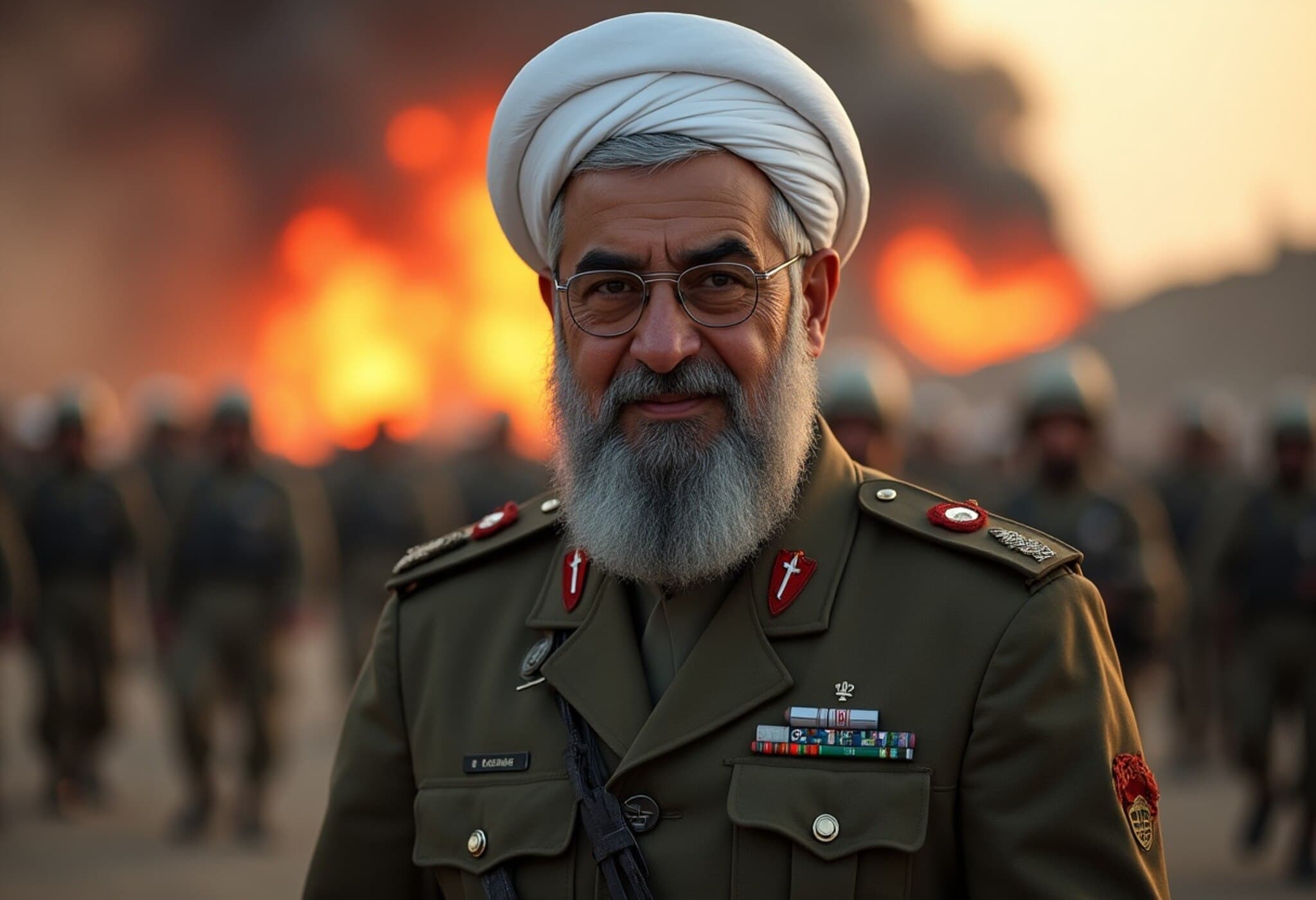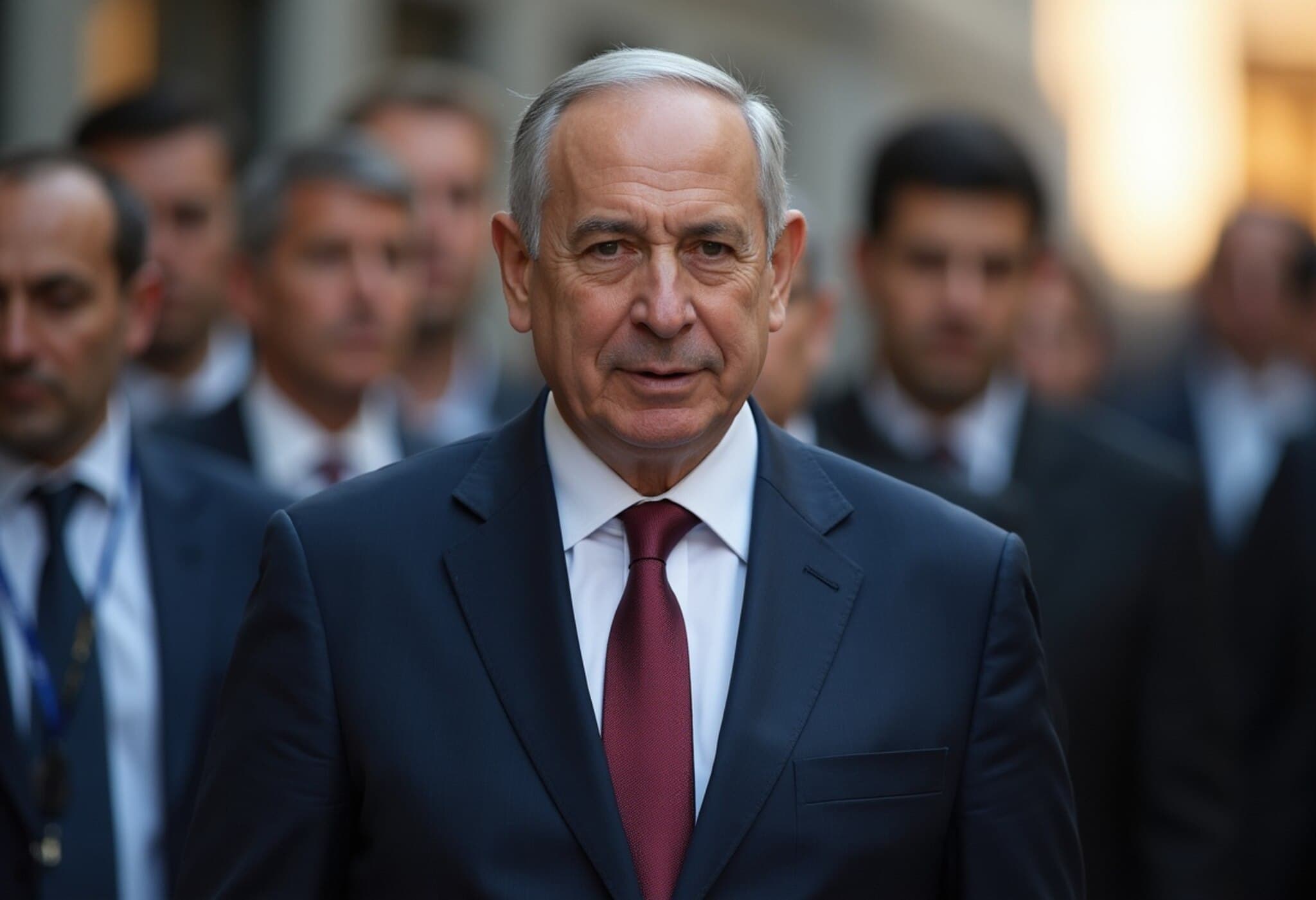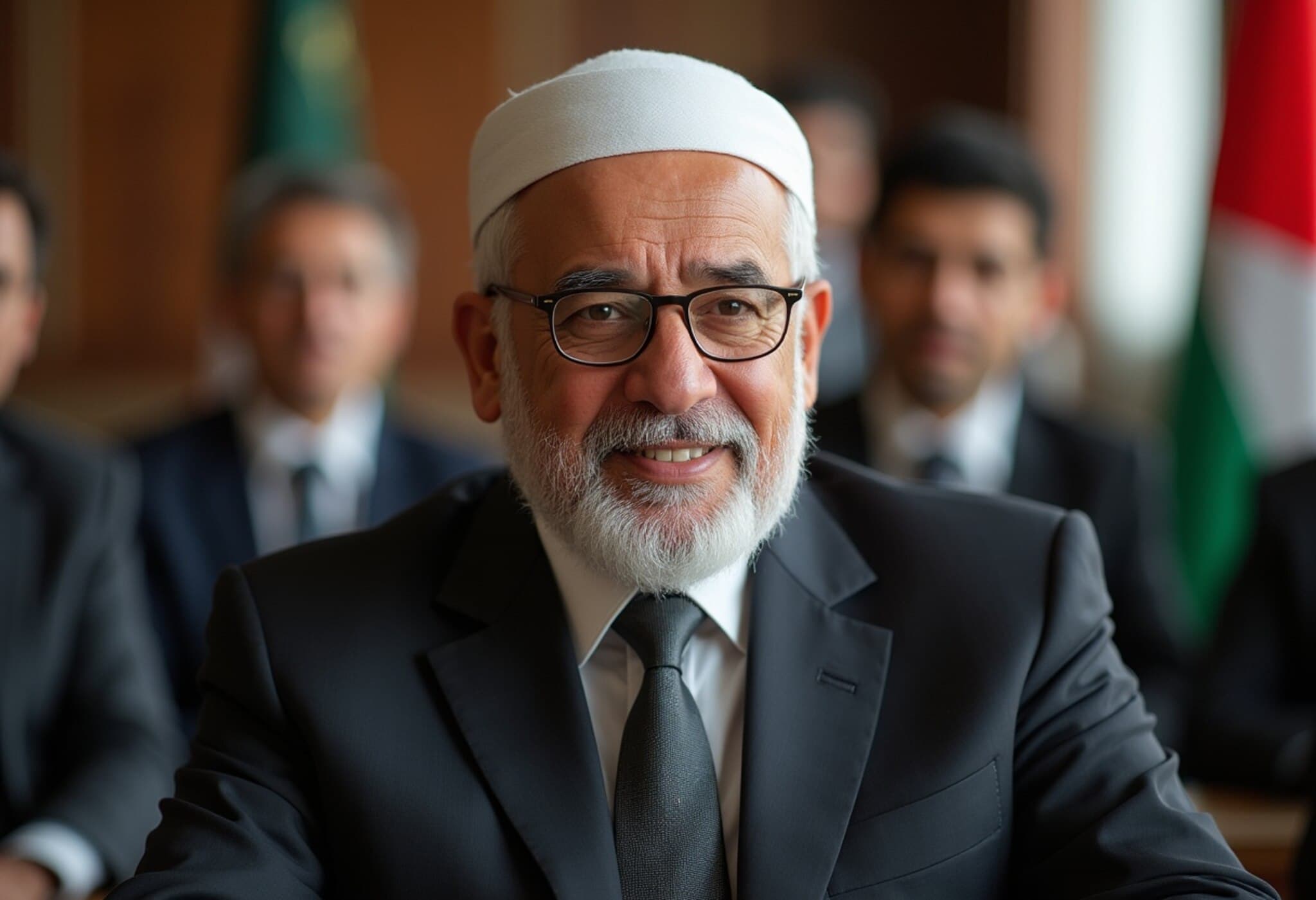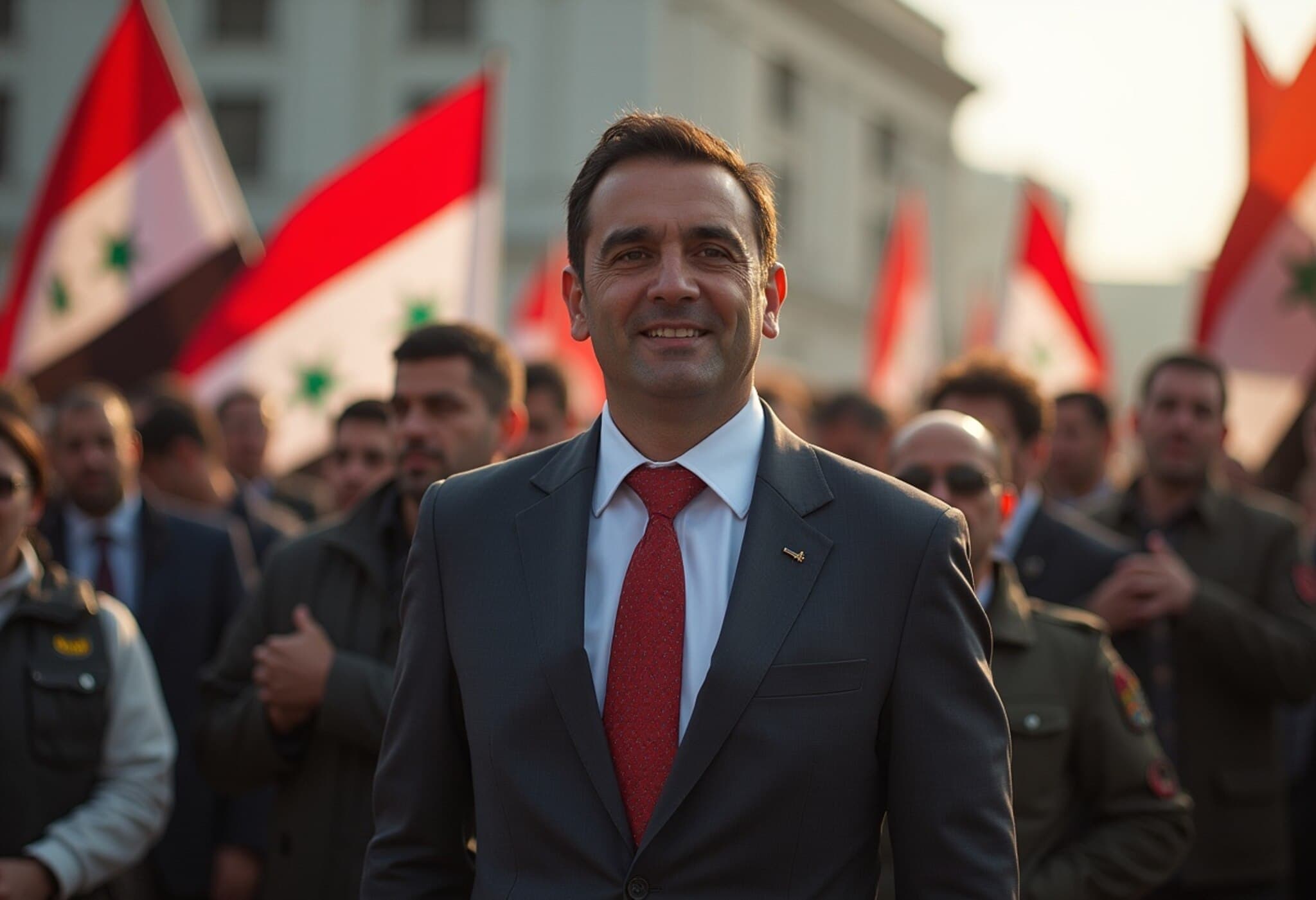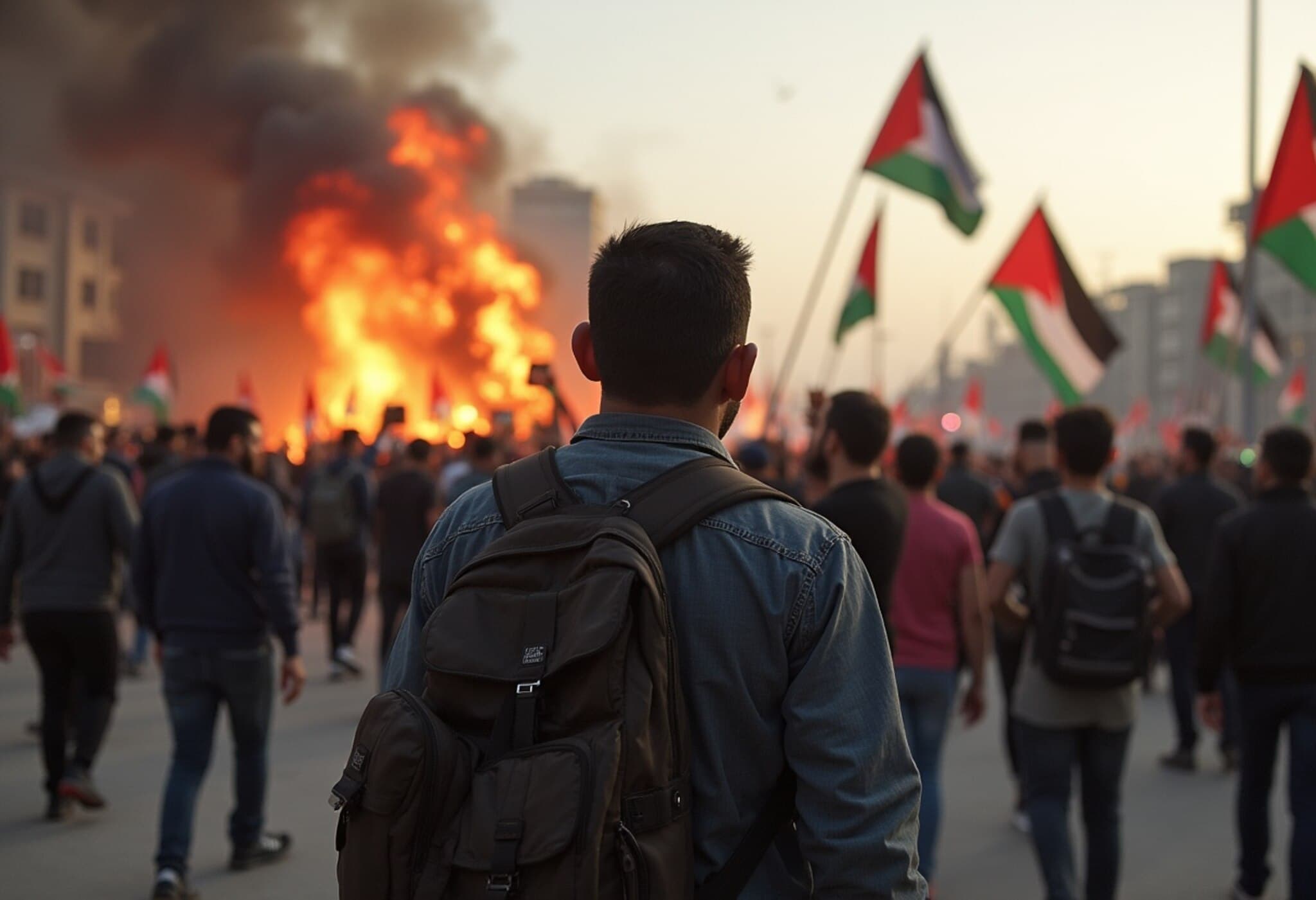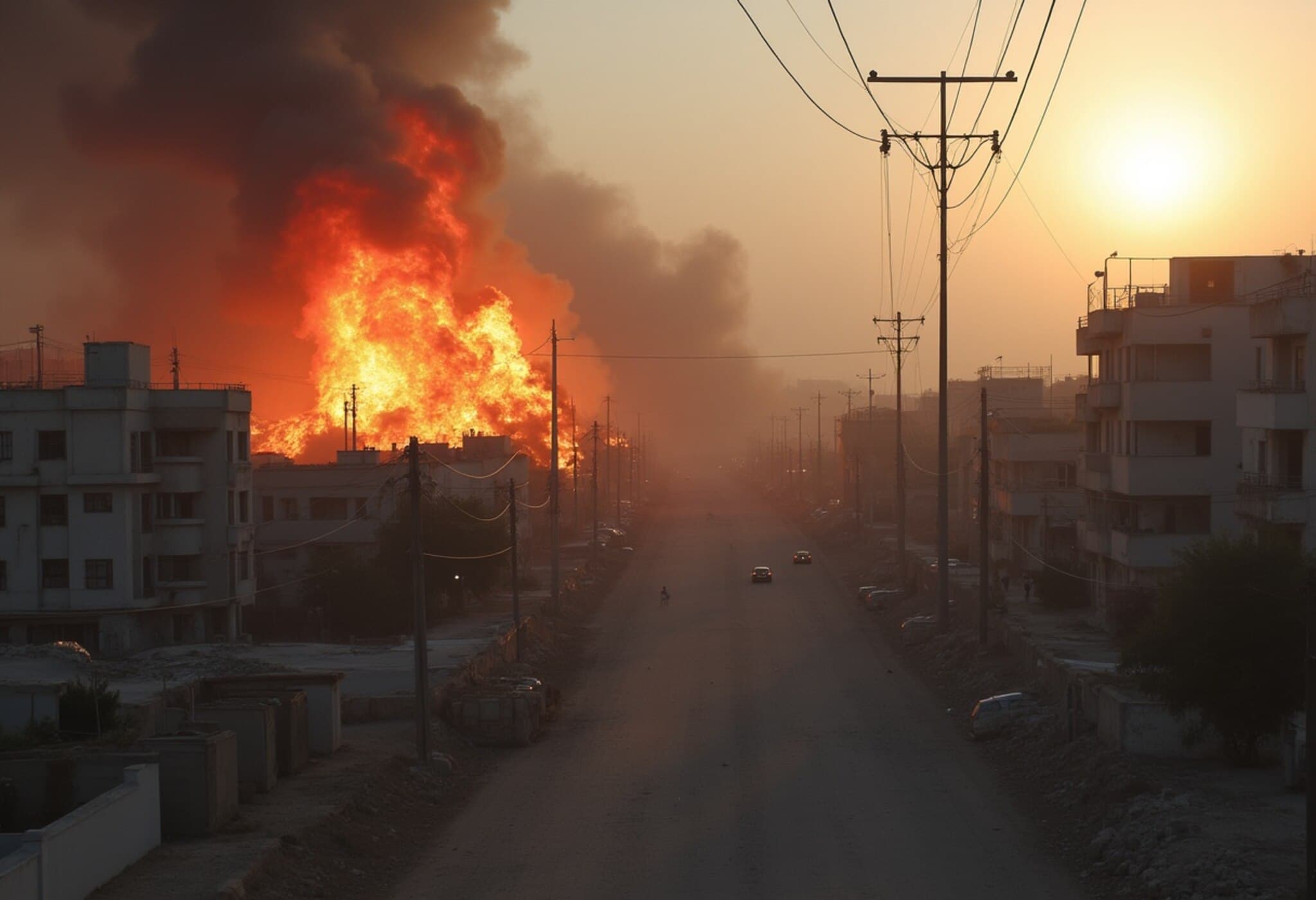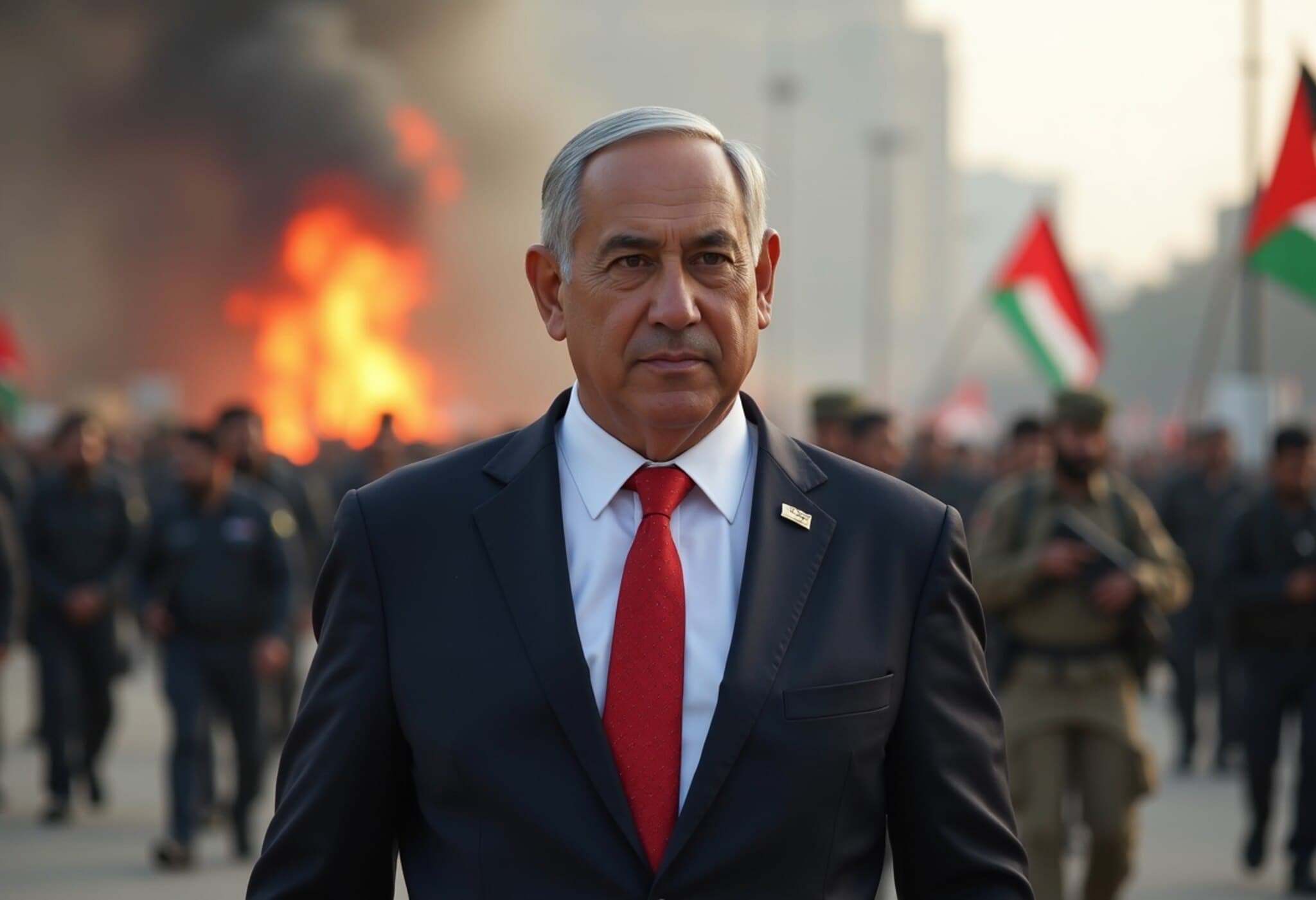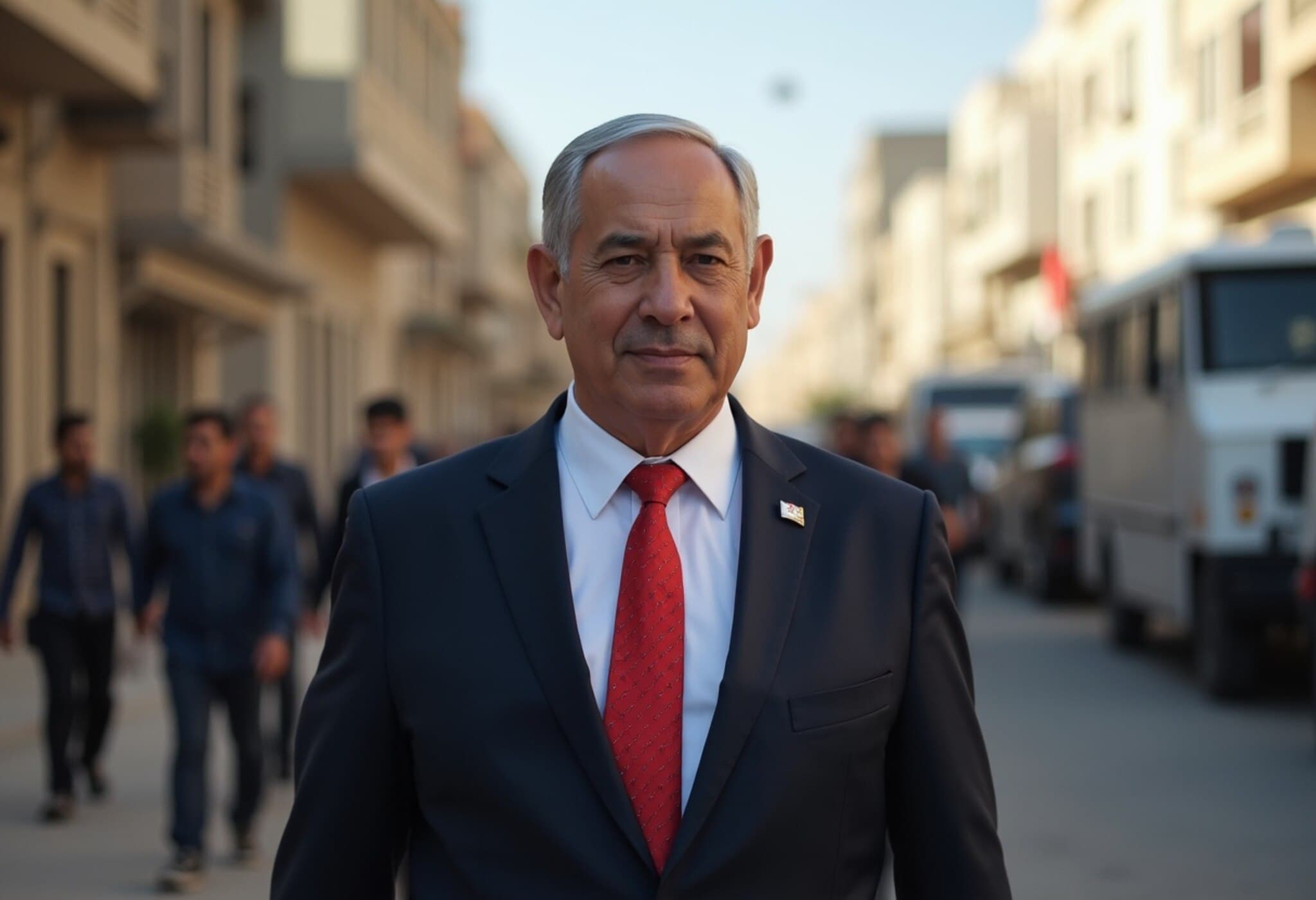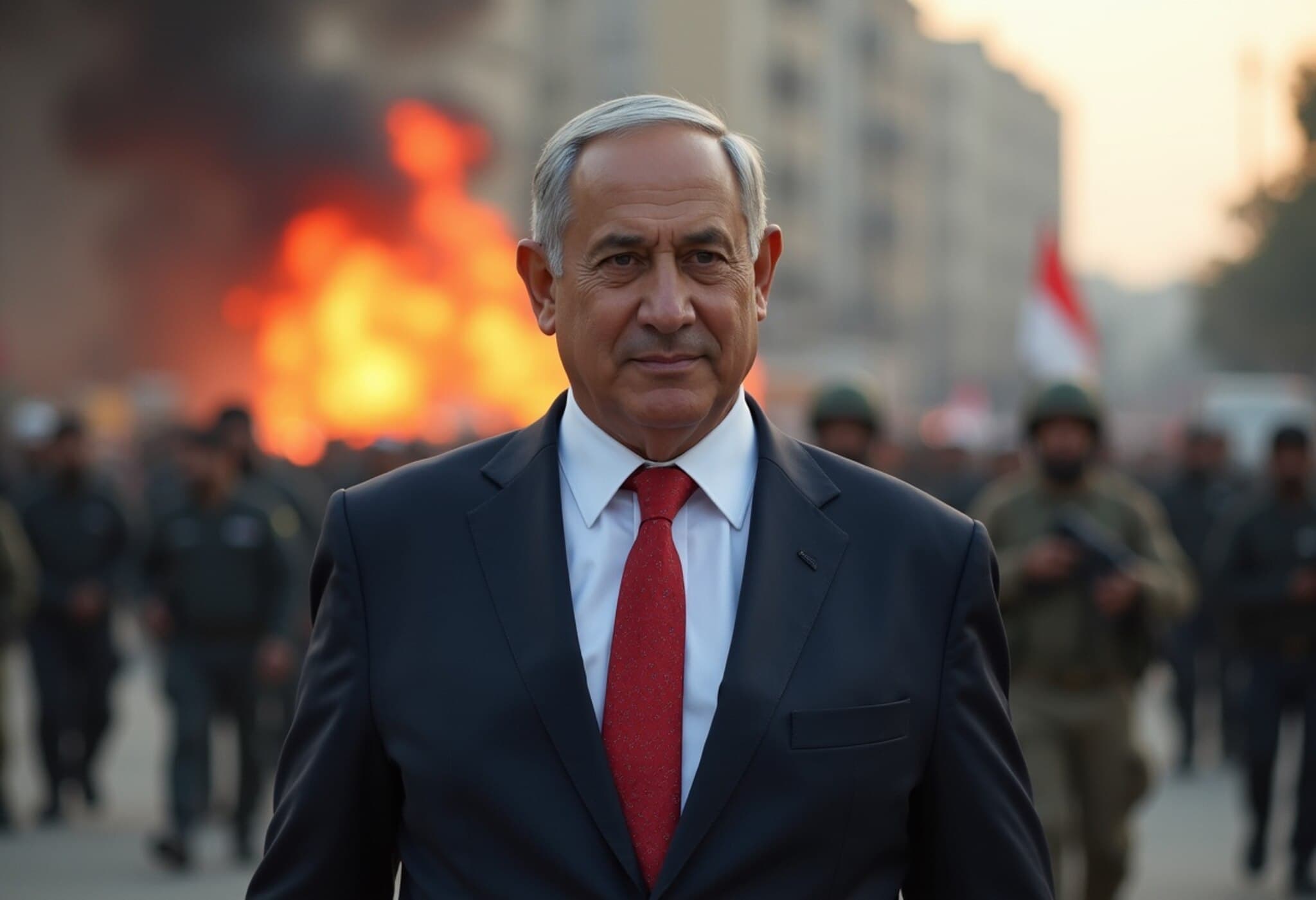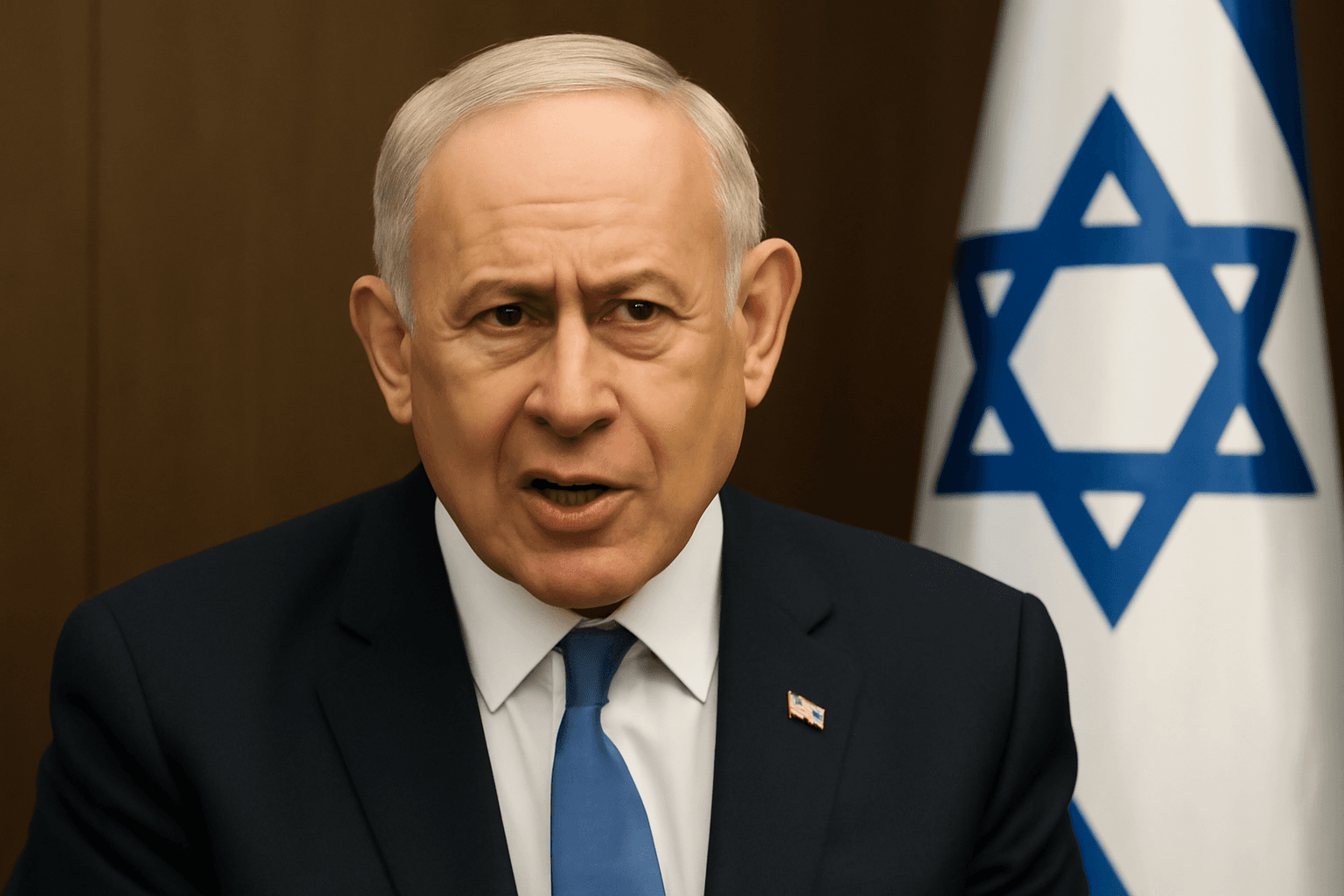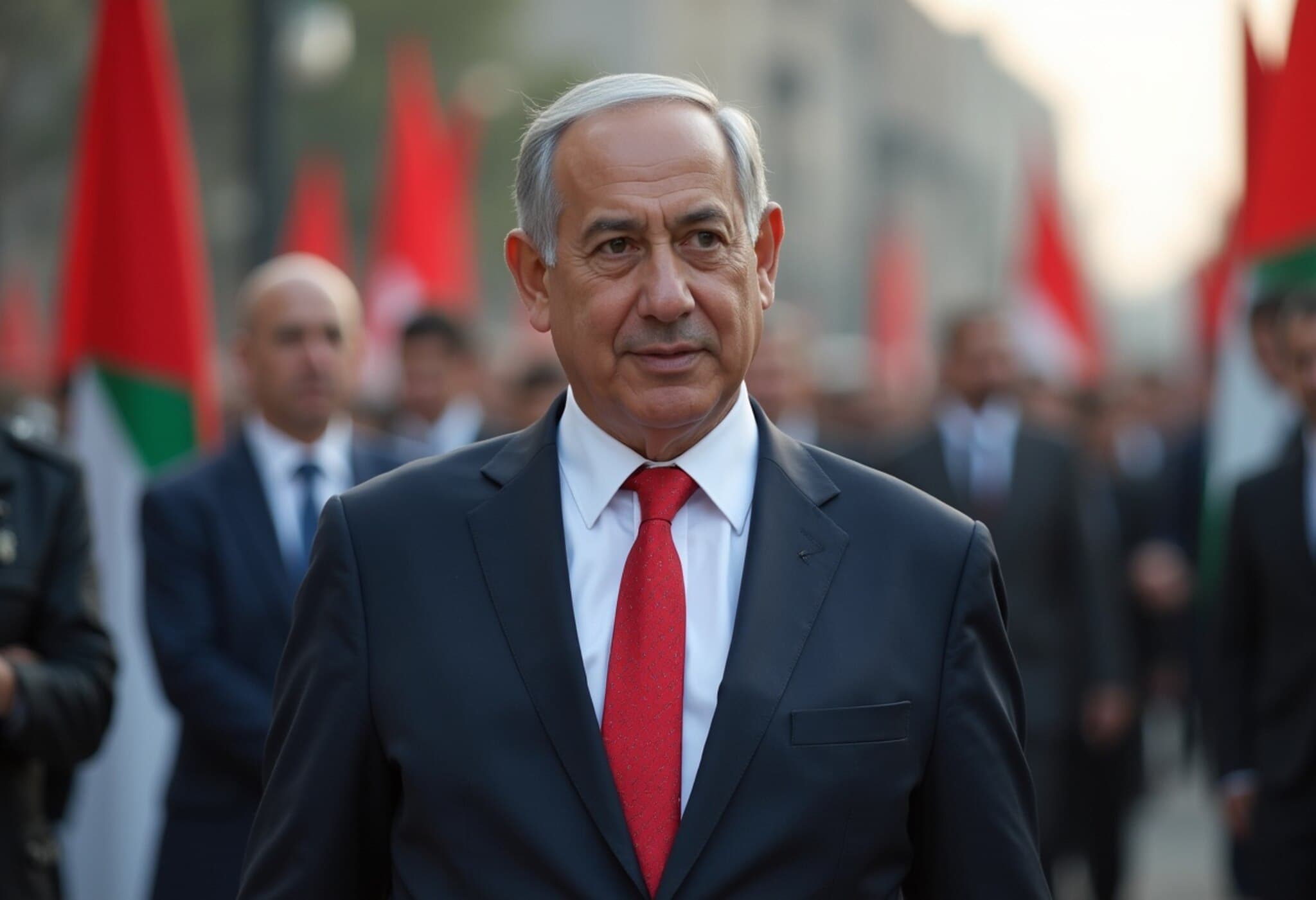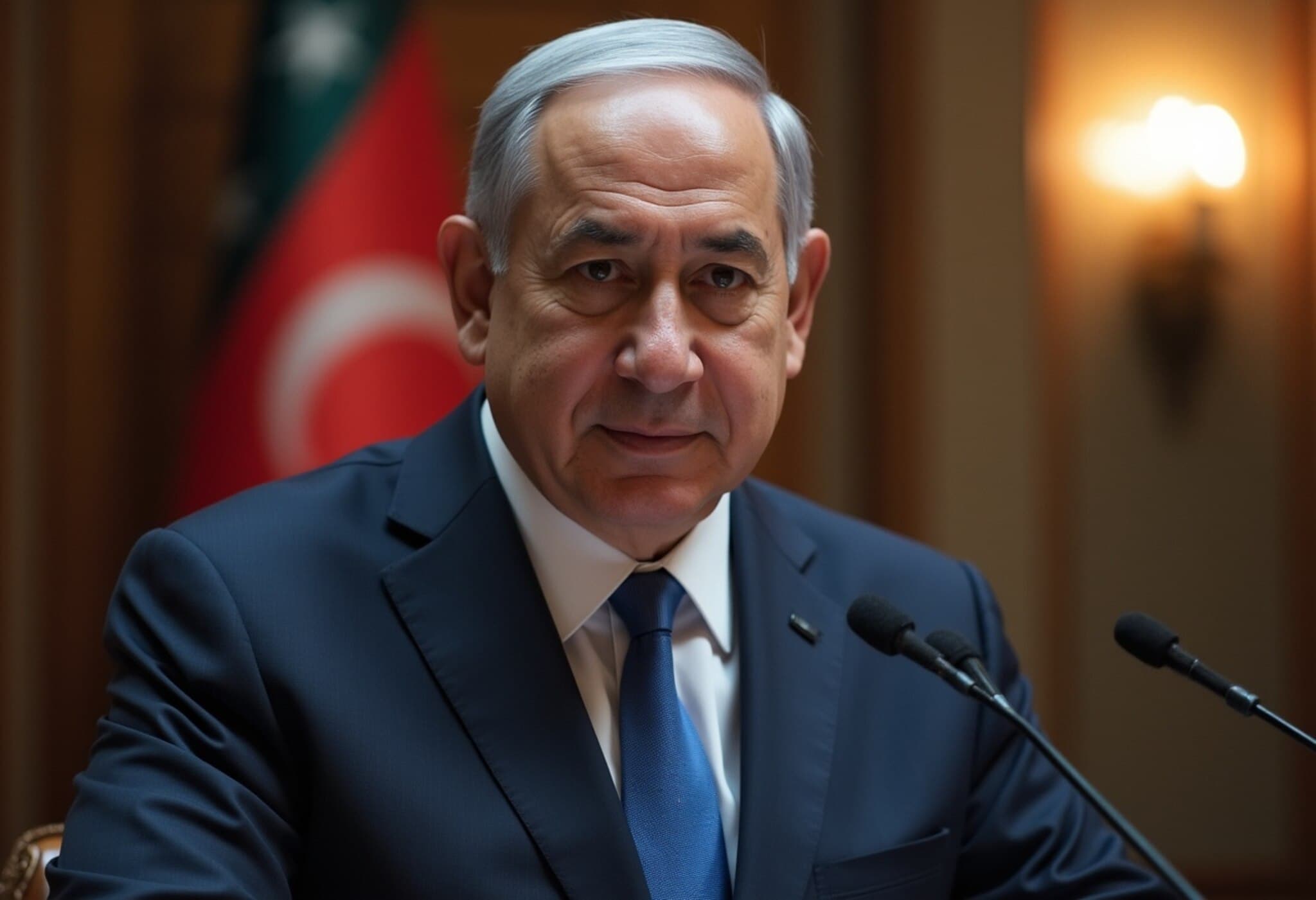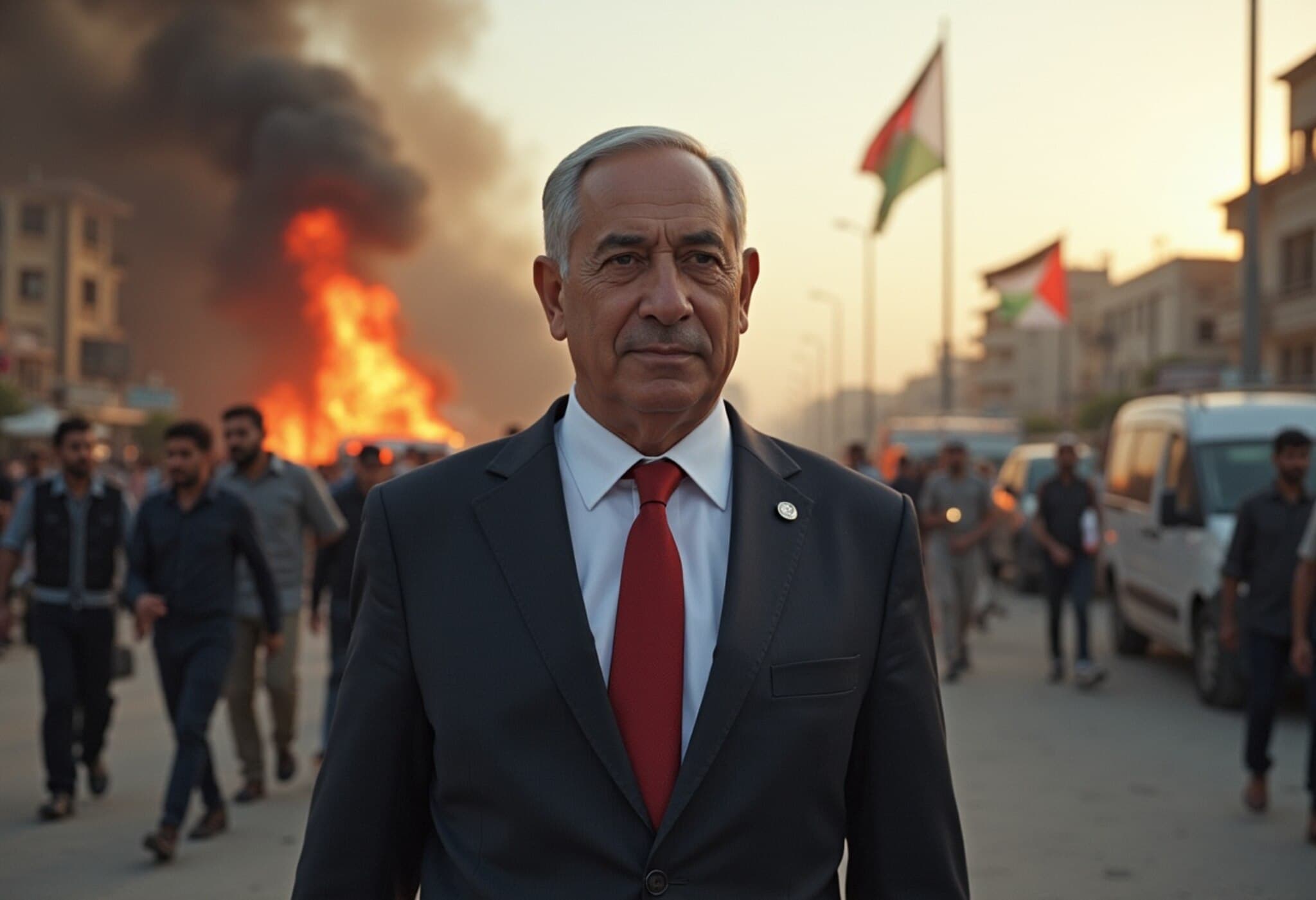Netanyahu’s Controversial Vision for Gaza: Control Without Governance
In a statement that has sparked heated debate both within Israel and across the Middle East, Israeli Prime Minister Benjamin Netanyahu announced his intent to extend Israeli military control over the entirety of the Gaza Strip, yet firmly insisted that Israel does not intend to govern the territory long-term. Instead, Netanyahu envisions transferring administrative control to "Arab forces" whom he believes can "govern properly."
Expanding Military Control Amid Rising Tensions
During an interview with Fox News on August 7, 2025, Netanyahu outlined a strategy focused on enhancing Israel's security perimeter by taking command of the remaining 25% of Gaza currently not under Israeli military occupation. "We intend to take control of all of Gaza," he said, emphasizing, "We don’t want to keep it. We want to have a security perimeter. We don’t want to govern it. We don’t want to be there as a governing body." These remarks come as Netanyahu prepares to convene Israel’s security cabinet to deliberate on military expansion in Gaza.
Israeli Military and Public Response: Wary and Divided
Netanyahu’s proposal immediately met resistance from key Israeli military officials, including the Chief of Staff, who warned that intensified military operations could jeopardize the safety of hostages believed to be held in Gaza. Families of hostages and various Israeli factions oppose further escalation, fearing the potential human cost and prolonged conflict.
A military source speaking to The Telegraph indicated that approval of Netanyahu’s plan could extend the Gaza conflict by at least five more months, effectively dimming prospects for a ceasefire in the near term.
The Larger Political Puzzle: Governance and Settlement Disputes
Netanyahu’s proposition to delegate Gaza’s governance to unspecified Arab authorities faces skepticism not only from Palestinians but also from Israeli groups advocating for a more permanent Israeli presence or even resettlement of the Strip with Jewish communities. This reveals the complex, fractious debate within Israel about Gaza’s future following Operation Gideon’s Chariot, which saw Israeli forces capture approximately 75% of Gaza but failed to eliminate Hamas.
Reactions from Hamas and Arab Neighbors: Rejection and Caution
Unsurprisingly, Hamas outright rejected Netanyahu’s proposal, labeling any external governance entity influenced by Israel as an "occupying force." A Hamas spokesperson, in an Al Jazeera Mubasher interview, denounced the idea.
Jordanian officials, speaking anonymously, echoed concerns that Gaza’s security and governance should remain in Palestinian hands. “Security in Gaza must be done through legitimate Palestinian institutions,” one official said. They warned against external imposition, reinforcing that Arab states would not support plans that disregard Palestinian consensus or appear to perpetuate Israeli influence.
Domestic Pressures and Public Sentiment
Inside Israel, the plan has sparked protests and dissent, especially in communities nearest to Gaza. The chairman of Kibbutz Nir Oz, located on the Gaza border, called for urgent hostage releases—even at high cost—as an essential step toward de-escalating the conflict. This sentiment aligns with a recent poll revealing that a majority of Israelis would support a deal to free hostages even if it means ending the war without fully neutralizing Hamas.
Expert Insight: Navigating Security and Sovereignty Dilemmas
From a policy perspective, Netanyahu’s proposal seeks a precarious balance between ensuring Israeli security and avoiding the logistical and political quagmire of direct civilian governance over Gaza’s densely populated and volatile territory. Historically, Israel’s withdrawal from Gaza in 2005 left a power vacuum that Hamas filled, leading to ongoing instability and conflict. Netanyahu’s plan to delegate governance to Arab forces raises critical questions:
- Which Arab entities have the capacity and legitimacy to govern Gaza effectively without inflaming further tensions?
- How will Israel ensure its stated goal—a security perimeter without administrative responsibilities—is practically implemented?
- What mechanisms exist to protect hostages and civilians amid intensified military operations?
Balancing these factors amid deep-seated mistrust on all sides remains a formidable challenge.
Looking Ahead: Regional Implications and the Path Forward
Netanyahu’s announcement underscores the complexity of resolving the Gaza crisis, a conflict rife with humanitarian concerns, regional rivalries, and the unresolved Israeli-Palestinian dispute. The rejection of his plan by Palestinians, wary Arab neighbors, the Israeli military, and civilian populations signals the uphill road ahead. The possibility of a prolonged military engagement, further civilian suffering, and regional destabilization cannot be discounted.
Ultimately, sustainable peace in Gaza would require inclusive dialogue among Palestinians, Israelis, and regional stakeholders—not unilateral governance proposals, which risk exacerbating fractures and prolonging violence.
Editor’s Note
Netanyahu’s intent to control all of Gaza militarily while avoiding long-term governance highlights Israel’s ongoing struggle to secure its borders without becoming entangled in Gaza’s governance challenges. Yet, this strategy is fraught with uncertainties: Who will govern Gaza effectively? How will hostages be protected? What is the broader strategic vision for Palestinian-Israeli relations? As tensions simmer, stakeholders must question whether military expansion and transfers of authority can pave the way to stability or merely deepen the cycle of conflict.

